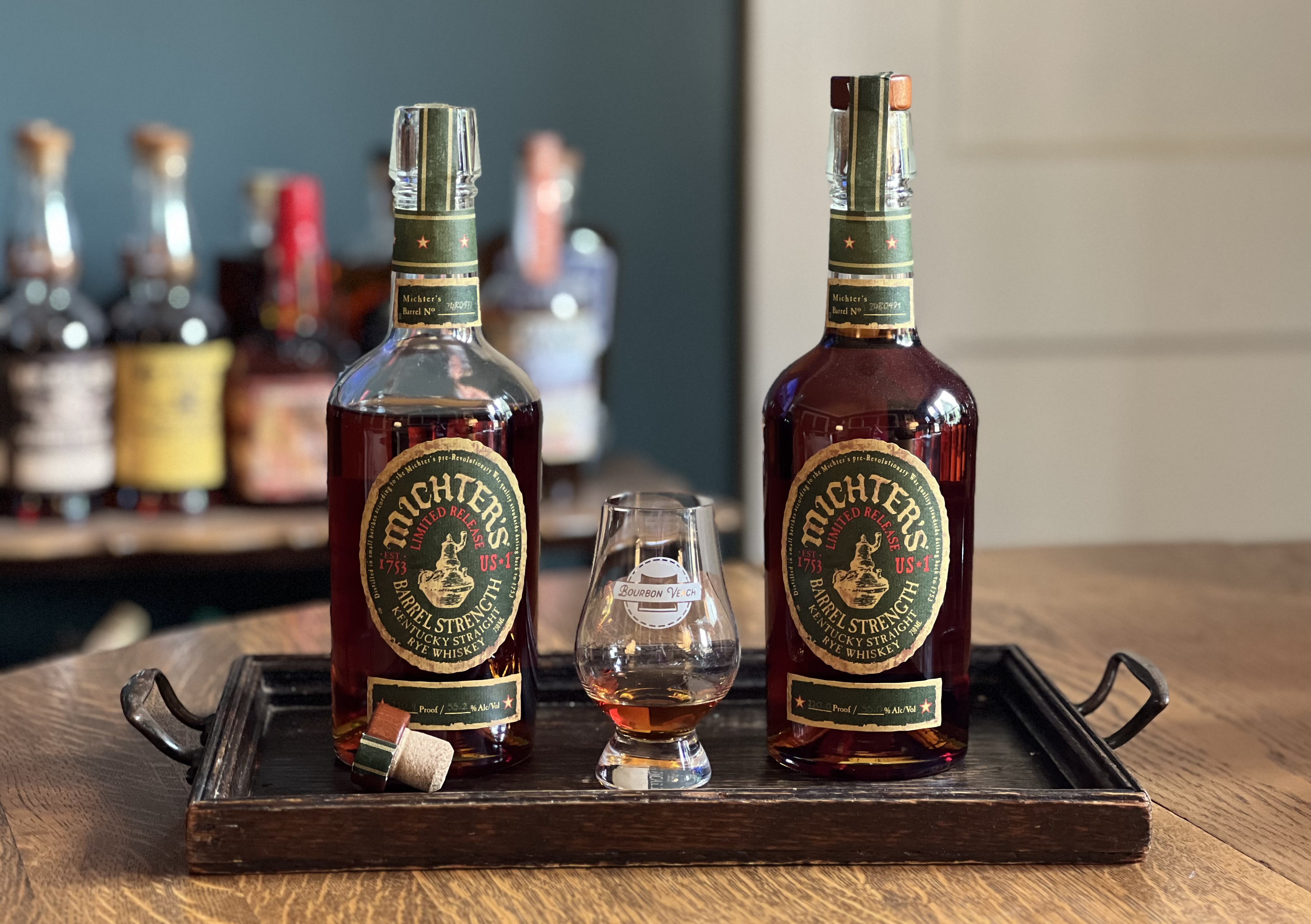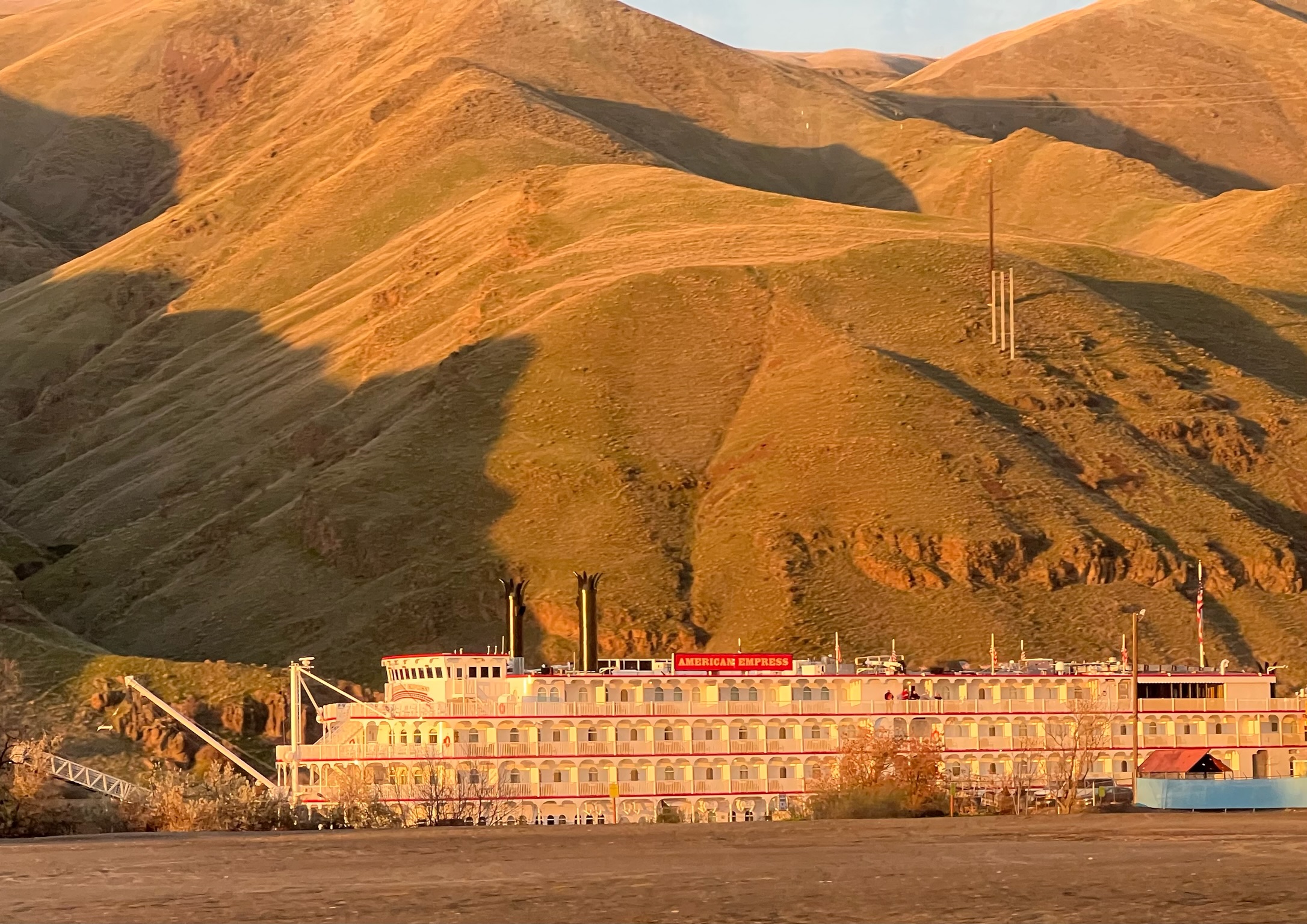Elijah Craig is credited with being the inventor of Bourbon in 1789, but as you may know I don’t believe that to be a true claim. There is no evidence that supports the claim earlier than the 1870s when he was given the credit, in a roundabout manner in Collins’ History of Kentucky. However, there is no doubt that Craig deserve credit for being an early distiller and many other accomplishment in his life.
Elijah Craig was born in Orange County, Virginia in 1738 to Polly Hawkins and Toliver Craig. In 1766 Elijah was converted to the Baptist faith and in 1771 he became an ordained minister. He was jailed at least twice for preaching without a license. Although freedom of religion was recognized in Virginia, Baptist ministers were often persecuted for preaching to congregations that included slaves as well as freemen. In 1782 he migrated to Kentucky in what was then called Fayette County, Virginia. He helped plan and lay out the town of Lebanon in 1784, but the name was later changed to Georgetown, Kentucky. In 1787 Elijah Craig established a “Classical School” in Georgetown. This school went on to become Georgetown College in 1829.
In the year 1789 Elijah Craig built a paper mill, a fulling mill, a rope walk and a distillery on Royal Springs in Georgetown. His brother Lewis, also a Baptist minister, was also in the whiskey trade. In 1789 the brothers are listed as suppliers for whiskey on a flatboat bound for New Orleans that was sponsored by General James Wilkinson. Later, after the Excise Tax on Whiskey was passed, we know from Judge Innes’ case book that Craig also owed a considerable amount of taxes on his distillery. The same case book, located in the Special Collections of the University of Kentucky, that Craig had many debts and had several cases over these debts as people tried to get their money from him. As a businessman, Craig was not very successful. He died a poor man on May 18, 1808.
Elijah Craig was a man of his times. He was a preacher, a businessman, entrepreneur and pioneer distiller. He lived in tough economic times when Kentucky was first being settled. He had many business ventures and with that many debts. Hard currency was hard to come by in the United States in that period after the Revolution and even more scarce in the frontier regions like Kentucky. It is no wonder that he had these debts and that he never really recovered the money from his investments. However he is remembered for all of these achievements as well as his religious work.
In 1874 Collins’ History of Kentucky states that the first Bourbon was distilled in a fulling mill on Royal Springs in 1789. Since Craig has a fulling mill on Royal Springs, it was then credited to him as the inventor of Bourbon. Craig never made such a claim in his lifetime and there is no documentation of him doing so in either his papers or the papers of people such as Judge Innes who knew him well and had Craig in his court as a defendant dealing with the Whiskey Tax. However this does not discredit Craig as a distiller, the founder of Georgetown, Kentucky or the ultimate founder of Georgetown College. Craig does deserve to be honored as one of Kentucky’s Pioneer Distillers.














October 15, 2018 at 3:27 pm
Concise and informative. Thank you for your honesty and transparency. I agree that the likely single “bourbon creator” is lost to time and that the bourbon we enjoy today is a combination of some great lessons learned by many a great distiller.
Sincerely,
A Craig Descendant
October 16, 2018 at 9:15 pm
I am glad you liked the blog. Elijah Craig was an important pioneer distiller even if he did not “invent” Bourbon.
December 16, 2018 at 6:35 pm
I enjoyed the article and the information I enjoy your work and appreciate the time you put in to keep us enthusiast informed thank you